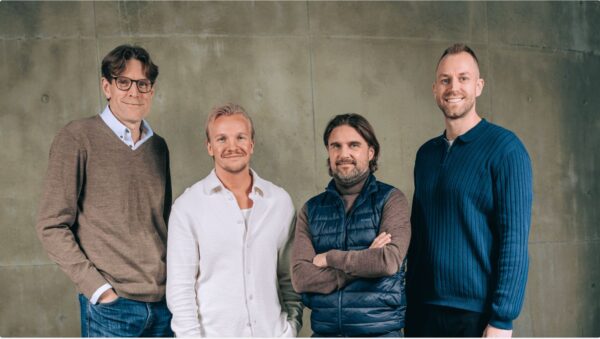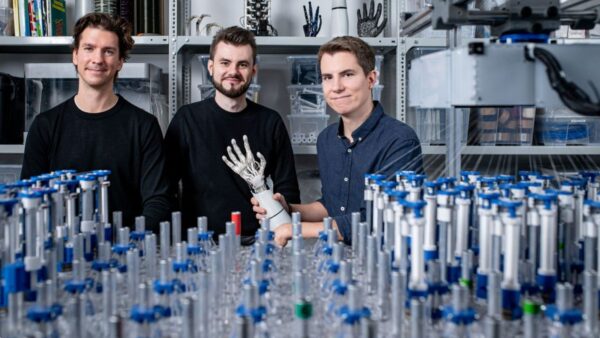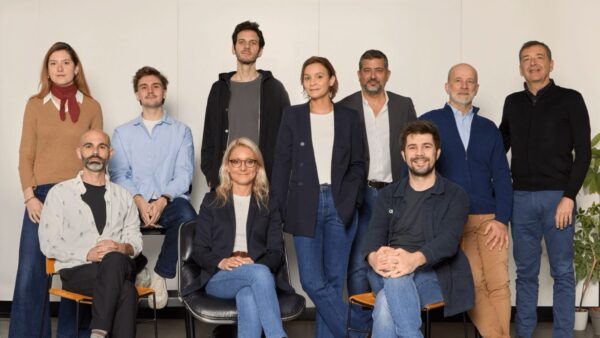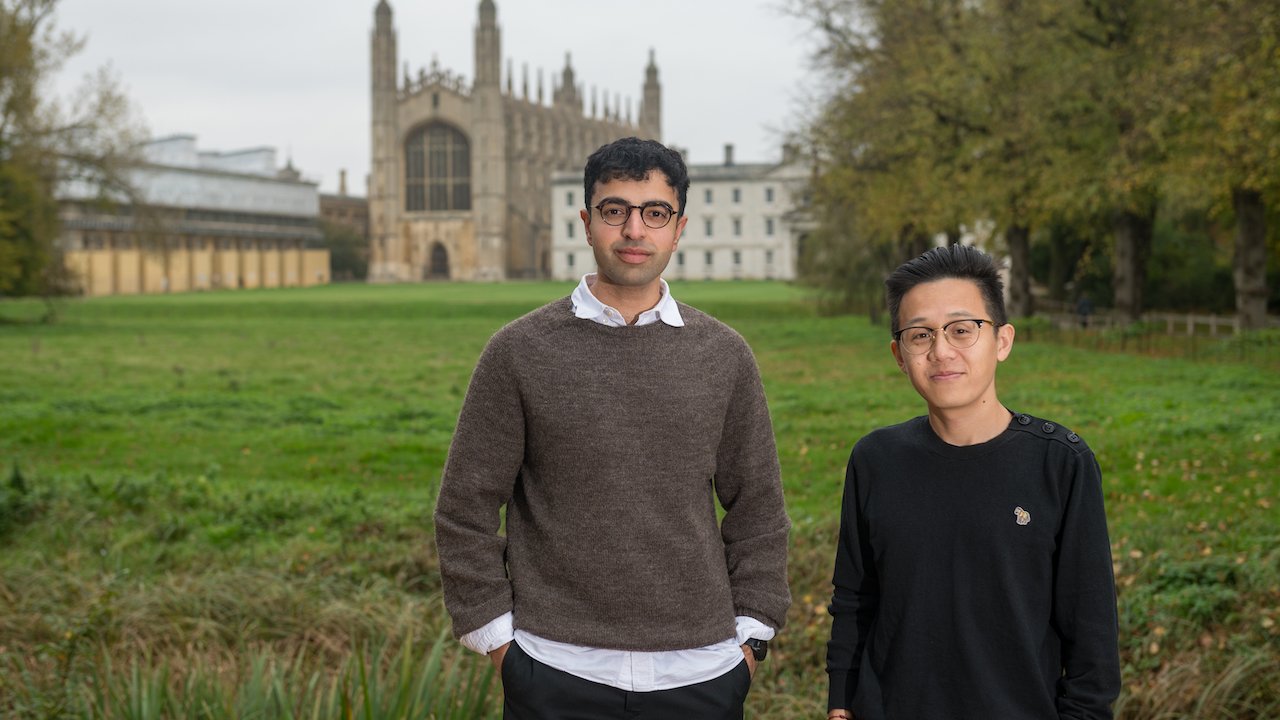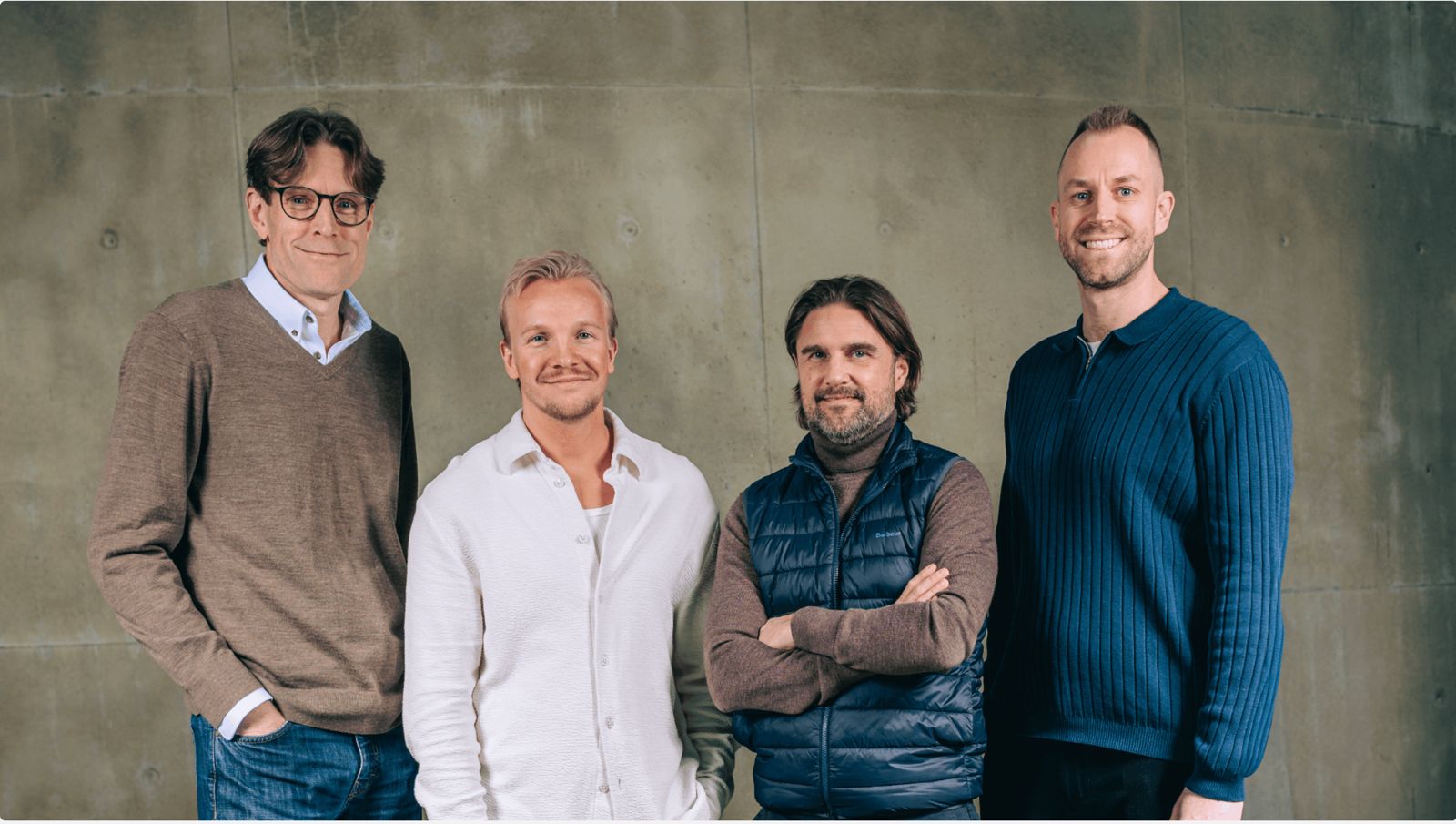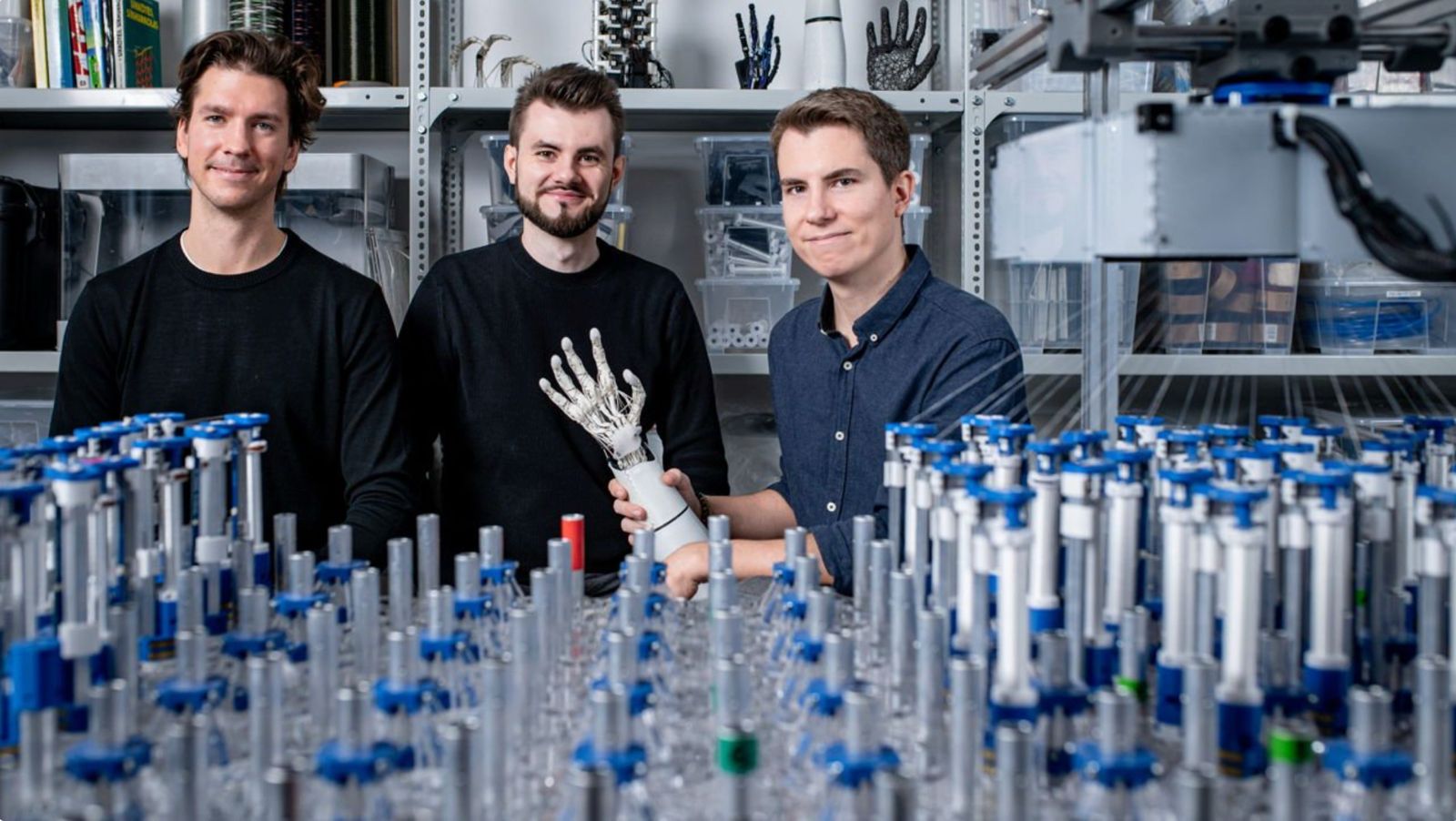Molyon, a cutting-edge battery startup emerging from the prestigious University of Cambridge, has secured a transformative $4.6 million in its first investment round. The funding, co-led by IQ Capital and Plural, marks a significant milestone in the company’s mission to unlock the potential of lithium-sulfur (Li-S) batteries. With the capital infusion, Molyon is poised to accelerate the development and commercialization of its pioneering battery technology, aiming to address some of the most pressing challenges in the electrification of industries worldwide.
Lithium-sulfur batteries have long been heralded as the next frontier in energy storage. With the ability to deliver much higher energy density than conventional lithium-ion batteries, they offer the promise of lighter, more efficient energy solutions. Moreover, these batteries rely on abundant materials such as sulfur, a crucial element in addressing the looming concerns over lithium shortages. Despite the promise, however, the commercialization of Li-S batteries has been hindered by significant technical hurdles, particularly sulfur’s tendency to dissolve into the electrolyte, causing performance degradation after only a few charge cycles.
Molyon has taken a significant step toward solving this problem. By incorporating molybdenum disulfide (MoS2) in its battery designs, the company has overcome one of the most persistent challenges in sulfur-based battery chemistry. This innovation, coupled with its state-of-the-art pilot manufacturing facility in Cambridge, positions Molyon to reshape the future of energy storage. The startup plans to begin production soon, focusing initially on developing batteries that will power drones, robots, and other lightweight devices.
A New Chapter for Energy Storage Innovation
The infusion of $4.6 million will enable Molyon to expand its core team, bringing on additional battery engineers, materials scientists, and operational staff to scale production. Dr. Ismail Sami, co-founder and CEO of Molyon, expressed his excitement about the breakthrough: “The promise of lithium-sulfur batteries has been envisaged for decades, but until now, the inherent chemistry challenges have kept this potential out of reach. By utilizing MoS2, we’ve made a groundbreaking leap in battery technology. Our batteries will address range anxiety, enabling more efficient and sustainable electrification.”
The initial applications of Molyon’s technology will target industries such as robotics, drones, and electric vehicles (EVs), where lightweight, high-density batteries can make a significant impact. The startup’s innovation is poised to benefit a range of applications, from enhancing drone performance to powering the next generation of electric mobility and energy storage systems.
The Future of Electrification and Energy Storage: An Industry on the Brink of Change
As the global demand for energy storage solutions intensifies with the electrification of industries, the success of Molyon could have profound implications not just for the company, but for the future of sustainable energy storage. With traditional lithium-ion technology struggling to keep pace with the growing demand for energy capacity, lithium-sulfur batteries represent a game-changing innovation that could alleviate pressure on lithium reserves while offering superior performance.
Molyon’s breakthrough has not gone unnoticed. Carina Namih, Partner at Plural, highlighted the company’s potential: “Molyon’s founders have discovered a transformative technology with the ability to revolutionize battery power. Their deep technical knowledge, coupled with their ability to scale production, positions them to disrupt the battery industry in ways we haven’t seen before. This is an exciting time for the future of electrification.”
The prospects for Molyon’s technology extend beyond the initial focus on drones and robots. If the company can successfully scale its technology, we could see significant advancements in electric vehicle battery ranges, energy storage systems, and more sustainable grid solutions. The global push for greener technologies makes Molyon’s innovation particularly timely, as it seeks to provide an energy-efficient alternative to lithium-ion batteries.
Molyon: Positioned for a Sustainable Future
Molyon’s journey is a testament to the power of research and innovation. By leveraging breakthrough technology from the University of Cambridge, the company is not only addressing critical supply chain challenges in the battery sector but also contributing to a greener future for all. The leadership team’s deep-rooted expertise in both research and commercialization, along with the backing of top-tier investors like IQ Capital and Plural, will undoubtedly play a crucial role in the company’s growth.
In the coming years, as Molyon advances toward scaling its production and expanding its reach, it has the potential to set new standards in battery technology. The integration of molybdenum disulfide into lithium-sulfur batteries could be a key innovation that reshapes industries reliant on high-performance, sustainable energy solutions. By addressing critical issues of energy density and sustainability, Molyon is on track to make a significant mark in the electrification and energy storage industries.
A Promising Future Ahead
The path ahead for Molyon is one that promises great potential. As more industries seek reliable, long-lasting battery solutions, the need for efficient and sustainable alternatives to lithium-ion technology will only grow. With its innovative lithium-sulfur batteries, Molyon is well-positioned to rise to the occasion, meeting global demand while transforming the way we power the world.
For Further Inquiries or Corrections, Please Reach Out to editor@thetimesmag.com



